Who sit in darkness and shadow
 “Although by katchi abadi standards, Grax is better than many others, the village has many social, physical and civic deprivations. During one of our visits, the community health worker expressed concern about a girl who appeared ‘mentally disturbed’. She lived about a mile from the centre. We went to visit her at her house.
“Although by katchi abadi standards, Grax is better than many others, the village has many social, physical and civic deprivations. During one of our visits, the community health worker expressed concern about a girl who appeared ‘mentally disturbed’. She lived about a mile from the centre. We went to visit her at her house.
A small cordoned-off area with two small rooms, a small area for the kitchen and a toilet with open drains constituted the ‘house’ of 75 square yards, perhaps a little more. The father of the girl was unemployed, the elder brother suffering from some sort of ‘mental imbalance’. A number of semi-clad children were milling about — presumably brothers and sisters. Their only source of income was a buffalo.
The health worker was right. The girl did appear unwell, “for the past three years,” her mother told us, “since the birth of her son”. He died a month after being born. The girl talked to imaginary voices, was frightened of others, and laughed to herself. She had run out of the house many times. Unable to afford medicines or have her treated on a regular basis, the family kept her tied to a tree. The result: badly infected wounds with pus and blood oozing out from both ankles.
Long abandoned by her husband — older than her by many years — she now lay on straw matting in the corner of one of the two small rooms, oblivious to her surroundings. She appeared not to have had a wash in weeks. I tried to engage her in conversation but she looked past me, and I was unable to penetrate her secret world. I asked the mother the girl’s age. “Fifteen…,” she said; the words echoed in my ears.” — [Dawn]
Mercy, light, peace, deliverance for the unnamed child.

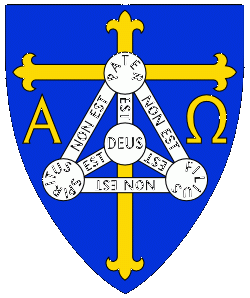
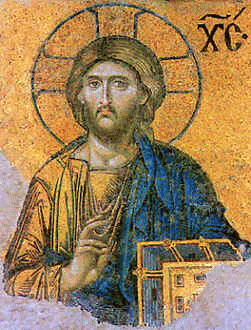
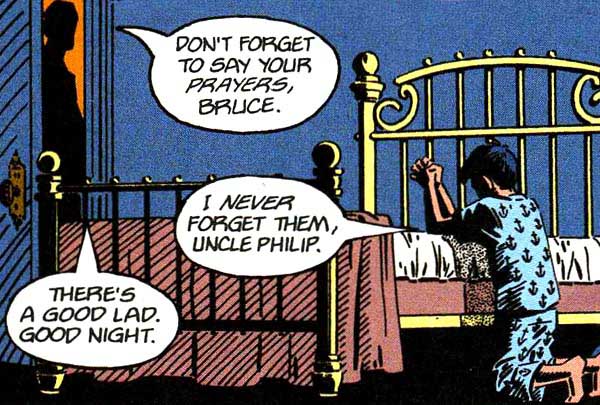 “I would like people not to forget this: why is it forbidden to read the secret prayers aloud? Why is it very harmful for the priest and the bishop to start reading the secret prayers aloud. The question why the Holy Fathers forbade reading them aloud must be explained…it is completely unOrthodox and it must be feared.”
“I would like people not to forget this: why is it forbidden to read the secret prayers aloud? Why is it very harmful for the priest and the bishop to start reading the secret prayers aloud. The question why the Holy Fathers forbade reading them aloud must be explained…it is completely unOrthodox and it must be feared.” “General confession is a not a mystery. We do not understand this simple fact even today. It is dangerous to do a general confession and then read the prayer of absolution for all, not letting people come individually to the priest” (Vol 2, P. 106). “General confession has no validity. It does not absolve sins, but only reminds you of sins” (P.390). “General confession is the distortion of the mystery” (Vol 3, 2, P. 319). “General confession cannot be a mystery, but is only an introduction to the mystery itself, which can only be carried out personally over each person separately”. (Vol 3, 2, P.476) — Fr. Sampson (Life of Fr Sampson -‘Talks and Teachings of the Elder Hieroschemamonk Sampson’, source: [
“General confession is a not a mystery. We do not understand this simple fact even today. It is dangerous to do a general confession and then read the prayer of absolution for all, not letting people come individually to the priest” (Vol 2, P. 106). “General confession has no validity. It does not absolve sins, but only reminds you of sins” (P.390). “General confession is the distortion of the mystery” (Vol 3, 2, P. 319). “General confession cannot be a mystery, but is only an introduction to the mystery itself, which can only be carried out personally over each person separately”. (Vol 3, 2, P.476) — Fr. Sampson (Life of Fr Sampson -‘Talks and Teachings of the Elder Hieroschemamonk Sampson’, source: [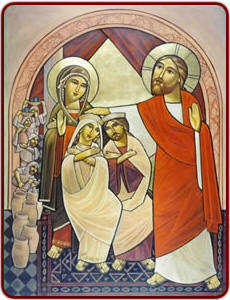 I once told a friend that I was setting out on a journey to learn to love my wife. I believed that if I learned to love my wife, I would learn to love others. And if I can’t learn to love my wife, I told him, then I fear I will never learn to love anyone. My friend periodically, after long periods of time, writes to ask me if I’ve learned to love my wife. And I have always written back, “Not yet. I think it will take a long time.” Recently, I wrote to him to say:
I once told a friend that I was setting out on a journey to learn to love my wife. I believed that if I learned to love my wife, I would learn to love others. And if I can’t learn to love my wife, I told him, then I fear I will never learn to love anyone. My friend periodically, after long periods of time, writes to ask me if I’ve learned to love my wife. And I have always written back, “Not yet. I think it will take a long time.” Recently, I wrote to him to say: I have found that it is possible for a person to be Orthodox, in the sense that they are baptized, chrismated, do penance, and receive communion, and yet not be Christian. Likewise, it seems possible for an organization to be an Orthodox Church, but not be a Christian community. This will seem controversial, but I think it’s so.
I have found that it is possible for a person to be Orthodox, in the sense that they are baptized, chrismated, do penance, and receive communion, and yet not be Christian. Likewise, it seems possible for an organization to be an Orthodox Church, but not be a Christian community. This will seem controversial, but I think it’s so.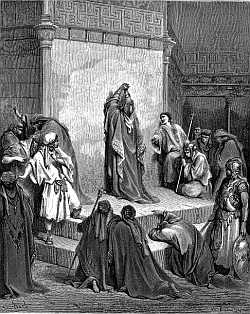 I was led to the Faith by a priest who had introduced many others to Orthodoxy as well. I began a series of discussions with a friend who hated Christianity, and over time, he began to soften. I introduced him to my priest, and he completed his conversion. He then began conversations with a younger mutual friend and led him to the Faith along with his wife and several children and became a godparent. They are all Orthodox now. I began another series of conversations, and created a reading society, for a man who likewise had great disdain for Christianity. He considered himself an academic, and I introduced him to the patristic writings of the Orthodox Fathers, the historical writings of Fr. John Romanides, and others. He decided to become a catechumen, and I took him to a priest, and that happened. I spoke with his wife also, and they both converted, received Holy Matrimony, and his children have became cradle Orthodox. In short, generations of people could be written as a geneology of movement into the Faith because of my mentor (and those who led him), and myself in my unworthiness. …
I was led to the Faith by a priest who had introduced many others to Orthodoxy as well. I began a series of discussions with a friend who hated Christianity, and over time, he began to soften. I introduced him to my priest, and he completed his conversion. He then began conversations with a younger mutual friend and led him to the Faith along with his wife and several children and became a godparent. They are all Orthodox now. I began another series of conversations, and created a reading society, for a man who likewise had great disdain for Christianity. He considered himself an academic, and I introduced him to the patristic writings of the Orthodox Fathers, the historical writings of Fr. John Romanides, and others. He decided to become a catechumen, and I took him to a priest, and that happened. I spoke with his wife also, and they both converted, received Holy Matrimony, and his children have became cradle Orthodox. In short, generations of people could be written as a geneology of movement into the Faith because of my mentor (and those who led him), and myself in my unworthiness. …